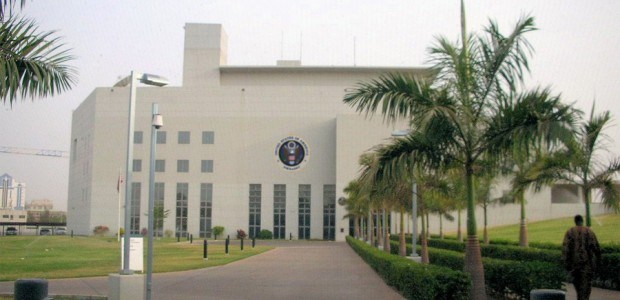BRUSSELS (CHATNEWSTV) — The European Council has reached an agreement to update the EU’s criminal law rules on child sexual abuse and exploitation, introducing stricter penalties and expanding the definition of offenses to include AI-generated abuse materials and livestreamed crimes.
“The protection of the most vulnerable in our societies—children—must be our priority,” Hungarian Justice Minister Bence Tuzson said. “With these new rules, we boost the fight against child sexual abuse, including as regards livestreaming of abuse or the use of AI for the generation of abuse material.”
Expanded Offense Definitions
The updated directive obliges EU member states to criminalize livestreamed child sexual abuse, including cases where offenders pay to access such content. It also incorporates AI-generated and deepfake abuse materials into its definition of child sexual abuse offenses.
Additionally, the rules criminalize the distribution of guides or instructions on how to commit child sexual abuse, covering both physical and online materials.
Tougher Penalties
The directive raises maximum prison terms for many offenses, including at least 10 years for abusing particularly vulnerable children, such as those with disabilities, and at least 5 years for offenses involving children who have reached the age of sexual consent but did not consent.
National governments may impose even harsher penalties under their laws.
Victim Support and Reporting
The rules emphasize accessible, child-friendly reporting mechanisms and improved victim support, including medical, psychological, and legal assistance. They also mandate interim accommodations for victims and establish clearer guidelines on compensation claims against offenders.
To strengthen prosecutions, the directive extends the period during which cases can be investigated and prosecuted, starting from a victim’s 18th birthday.
Addressing Emerging Challenges
The reforms address challenges posed by technological advancements and the increased online presence of children, including the rise in livestreamed abuse and AI-generated materials.
Statistics and data collection are also prioritized, requiring member states to maintain detailed records on reported offenses and convictions to monitor trends and inform future policy.
The Council’s agreement paves the way for negotiations with the European Parliament to finalize the law. Once adopted, member states must align their national laws with the revised EU directive.
The updated rules complement ongoing EU efforts to require internet companies to detect, report, and remove child sexual abuse materials from their platforms. Negotiations on those obligations are still underway.
This overhaul builds on the EU’s 2011 rules, aiming to tackle evolving threats in an increasingly digital landscape.




